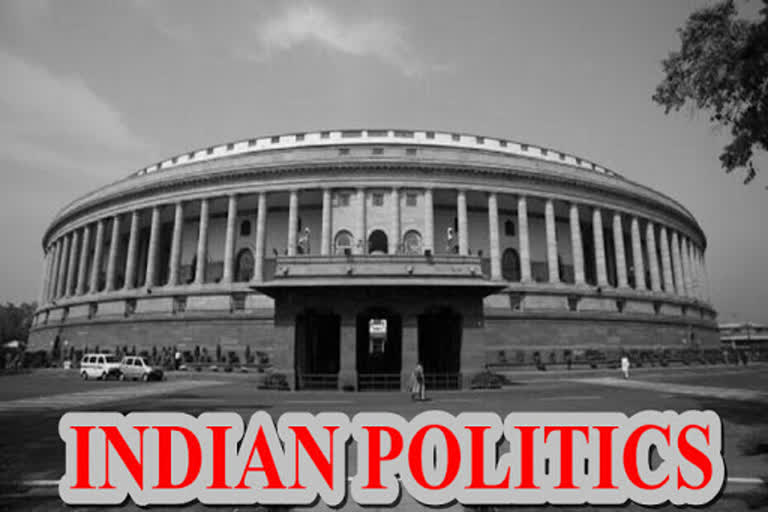New Delhi: Two years back the Supreme Court has ruled that criminal politics is the worst thing that can happen to democracy. Based on the Association of Democratic Reforms’ (ADR) finding that 1,581 legislators across the nation were facing criminal charges by 2014, the Supreme Court had constituted special courts and obtained particulars of the latest situation.
The facts revealed by Hansaria, the impartial adviser to the court (Amicus Curiae) in a Public Interest Litigation (PIL) seeking to expedite the trial of criminal cases against the present and former public representatives and to order that convicted leaders be expelled from elections for life, are shocking.
Domestically, a total of 4,442 former and present MLAs and MPs have criminal cases pending against them, and 2,556 of them are current public representatives. Several allegations registered against each representative, and the involvement of several representatives in each case, are revealing the spider web of criminal politics!
Read:| Constitutional expert lashes out at govt & politicians
Uttar Pradesh's record is unique in the number of respectable representatives facing charges of committing heinous crimes punishable by life imprisonment.
Bihar is second with 30 current MLAs and 43 former legislators facing similar cases.
Amicus Curie reports that although cases have been accumulating since 1983, criminal cases have not yet been registered in most cases. The status of execution of the non-bailable warrants issued by the trial court was never known.
Of the 413 cases of life imprisonment, 174 were registered against current MPs and MLAs. The fact that in the 1983 assassination case in Punjab an allegation was submitted last year, after 36 years, against a public representative is irrefutable proof of the ill-effects of criminal politics!
Two years back Justice Deepak Mishra, the Chief Justice of India, has made it clear. The court noted that, indeed, the accused should not be considered guilty until proven, those who enter public life and engage in legislation must be free from all serious charges.
It also agreed that there is a possibility of making false allegations against the candidates, a five-member constitutional bench has suggested that the Parliament should discuss the issue, find a solution, and make an act accordingly.
While the judiciary is limiting itself to quality suggestions since it cannot cross the constitutional code of conduct, criminally monopolised politics is corrupting constitutional governance.
The number of MPs with criminal background in the fourteenth Lok Sabha was 24 per cent; it gradually expanded to 30 and subsequently to 34 per cent and further to 43
per cent in the current Lok Sabha. It is highly concerning that the people accused with murders, kidnaps, rapes, and much higher crimes like money laundering which is equal to treason, are the present law-makers and rulers.
In the third week of last month, the Madras High Court asked the Centre to explain why the law has not yet been enacted to prevent criminals from contesting elections as suggested by the Supreme Court.
While leaders like Ramvilas Paswan analysed that political parties are strengthened by criminals, the situation in current times has aggravated to an extent that criminals are creating political parties.
Read:| Criminalization of politics unlikely to end: ADR founder
If the democracy which is degenerated to mean 'By the Criminals, With Capitalism, and For the Corruption' has to survive, there must be a sincere introspection by the political parties. Real democracy can emerge only with the strong will and awareness of the people to punish the political parties going astray.



